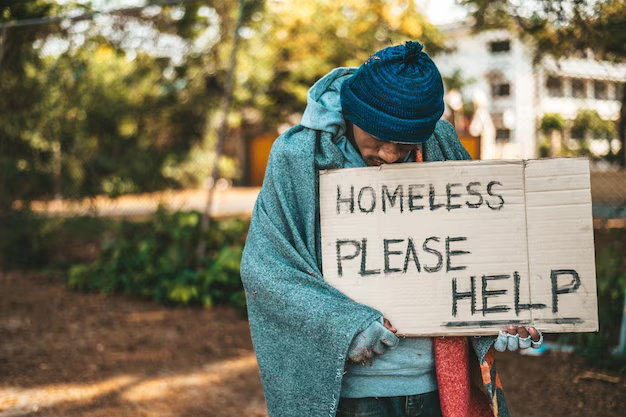Your Guide to Homeless Shelter Des Moines
What You Get:
Free Guide
Free, helpful information about Shelter FAQ and related Homeless Shelter Des Moines topics.
Helpful Information
Get clear and easy-to-understand details about Homeless Shelter Des Moines topics and resources.
Personalized Offers
Answer a few optional questions to receive offers or information related to Shelter FAQ. The survey is optional and not required to access your free guide.
Discovering Support: Navigating Homeless Shelters in Des Moines
Facing homelessness can be an overwhelming and daunting experience, but it’s important to remember that you’re not alone. Des Moines offers a variety of resources designed to provide shelter, support, and guidance during challenging times. Understanding your options can be a crucial step in securing immediate needs and planning a stable future.
Key Resources for Homeless Assistance in Des Moines
Des Moines has several homeless shelters that cater to men, women, and families, each with unique services tailored to individual needs.
- Central Iowa Shelter & Services (CISS): This facility is one of the largest in Des Moines, offering emergency shelter, meals, and supportive services to help clients transition to stable housing.
- Bethel Mission: Known for its commitment to helping men in distress, Bethel Mission provides shelter, meals, and spiritual care.
- Family Promise of Greater Des Moines: This program assists homeless families by offering a combination of shelter, meals, and comprehensive support services to help them achieve independence.
These organizations not only provide immediate relief but also guide residents towards long-term housing stability.
Exploring Government Assistance and Community Programs
Beyond shelters, residents of Des Moines can access government aid programs that address broader financial and social service needs.
- Emergency Solutions Grants (ESG): This program supports those at risk of homelessness by providing funding for emergency shelter, rapid re-housing, and homelessness prevention.
- Iowa Homeless Youth Centers: Supporting youth aged 16 to 24, this organization offers transitional living services, crisis intervention, and career development resources.
Exploring these programs can help individuals find safety and begin planning for the future by securing essential resources and support.
Addressing Financial Challenges Beyond Shelter
Many who experience homelessness also struggle with broader financial challenges, such as debt or lack of steady income. Addressing these issues can be crucial for regaining stability.
- Debt Relief Options: For those overwhelmed by debt, consulting with a non-profit credit counseling service can aid in creating a debt management plan or exploring consolidation options.
- Financial Assistance Programs: Des Moines residents may qualify for financial grants that address housing, utilities, and other essentials, providing temporary financial relief and helping to avert further crises.
Being proactive about financial stability can help in overcoming barriers to permanent housing and independence.
Empowering Through Education and Skill Development
An essential aspect of transitioning out of homelessness involves education and skill-building opportunities. By improving employability and boosting income potential, individuals can secure a sustainable future.
- Educational Grants: Scholarships and grants might be available through local organizations and educational programs, offering a chance to further education and improve career prospects without accruing debt.
- Job Training Programs: Engaging in vocational training can provide practical skills and certifications that are in high demand, making it easier to secure stable employment.
Leveraging these educational opportunities can be a transformative step towards long-term financial security.
Final Thoughts
Facing the prospect of homelessness can seem daunting, but Des Moines offers a robust network of shelters, programs, and resources aimed at helping individuals and families regain their footing. By tapping into these support systems, exploring financial assistance, and focusing on educational growth, residents can rebuild and thrive.
🗂️ Useful Resources for Support and Growth:
- 🏠 Central Iowa Shelter & Services: Emergency shelter & support services
- 🚗 Emergency Solutions Grants (ESG): Funding for housing & stability
- 💼 Iowa Homeless Youth Centers: Targeted youth support & career help
- 💳 Non-profit Credit Counseling: Debt management & financial advice
- 🎓 Educational Grants and Scholarships: Further education without debt
- 🛠️ Job Training and Vocational Programs: Skills for career advancement
What You Get:
Free Shelter FAQ Guide
Free, helpful information about Homeless Shelter Des Moines and related resources.

Helpful Information
Get clear, easy-to-understand details about Homeless Shelter Des Moines topics.

Optional Personalized Offers
Answer a few optional questions to see offers or information related to Shelter FAQ. Participation is not required to get your free guide.


